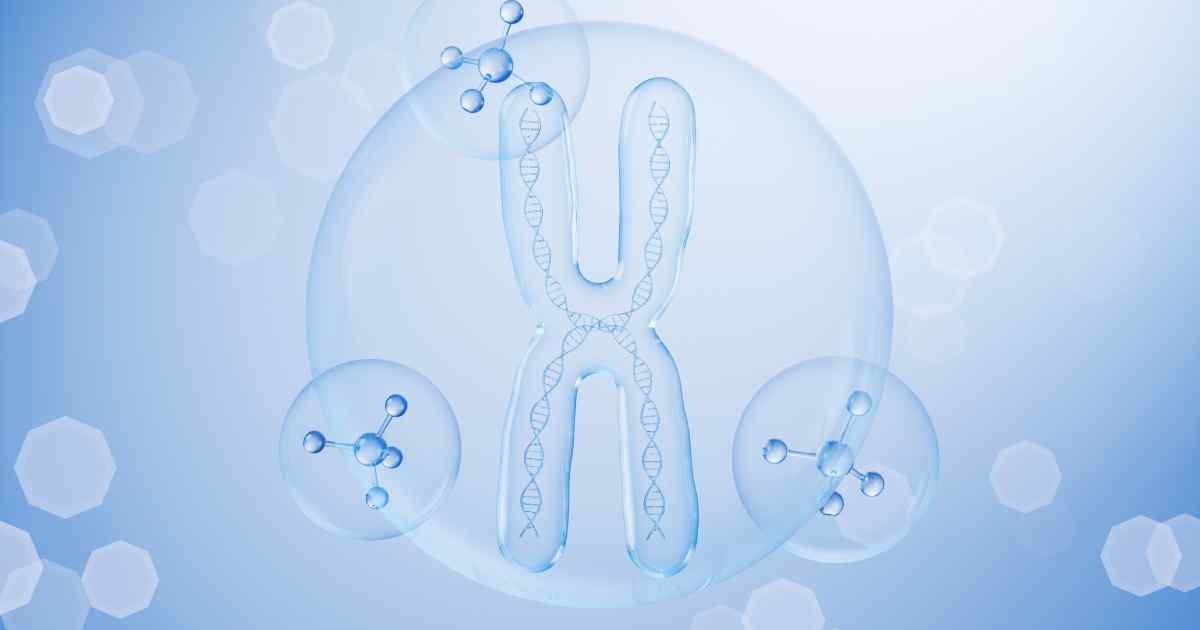
Expert Reviewed By: Dr. Brandon Colby MD
Ghosal Hematodiaphyseal Syndrome (GHDS) is a rare genetic disorder characterized by abnormalities in the bones and blood. Understanding, diagnosing, and treating this condition can be challenging, but recent advances in genetic testing and treatment options have provided new hope for patients and their families. In this article, we'll explore the latest research on GHDS, including the role of genetic testing in diagnosis and treatment, as well as the potential benefits of using ibuprofen as a treatment option.
Understanding Ghosal Hematodiaphyseal Syndrome
GHDS is a rare condition that affects both the bones and the blood. Patients with this disorder often experience bone dysplasia, which can lead to skeletal abnormalities such as thickened skull bones, widened long bones, and an enlarged spleen. Additionally, GHDS can cause bone marrow failure, resulting in a low blood cell count (pancytopenia) and an increased risk of infection, bleeding, and anemia.
Diagnosing GHDS: The Role of Genetic Testing
Diagnosing GHDS can be difficult due to its rarity and the complexity of its symptoms. However, recent advances in genetic testing have made it possible to identify the specific genetic mutations responsible for this disorder. In particular, a recurrent biallelic pathogenic variant in the TBXAS1 gene has been identified as the cause of GHDS (source).
Uses of Genetic Testing for GHDS
Genetic testing for GHDS can be helpful in several ways:
- Confirming a diagnosis: Identifying the specific genetic mutation responsible for GHDS can confirm a diagnosis and help guide treatment decisions.
- Identifying carriers: Genetic testing can also be used to identify carriers of the TBXAS1 gene mutation. This information can be valuable for family planning and assessing the risk of having a child with GHDS.
- Guiding treatment: Understanding the specific genetic mutation at play in GHDS may help researchers develop targeted treatments for this disorder.
Treatment Options for GHDS: The Potential Benefits of Ibuprofen
Historically, treatment options for GHDS have been limited, with corticosteroids being the primary treatment option. However, a recent study has suggested that treating GHDS with ibuprofen may result in a complete hematological response without the need for corticosteroids (source). This is an encouraging development, as corticosteroids can have significant side effects, especially when used long-term.
How Ibuprofen May Help GHDS Patients
The study on ibuprofen and GHDS suggests that the drug may work by modulating the arachidonic acid pathway, which plays a role in inflammation and blood clotting. By targeting this pathway, ibuprofen may help to reduce inflammation and improve blood cell production in patients with GHDS. While more research is needed to confirm these findings, this study offers a promising new treatment option for those living with this rare disorder.
Conclusion
While Ghosal Hematodiaphyseal Syndrome remains a rare and complex disorder, advances in genetic testing and treatment options have provided new hope for patients and their families. By better understanding the genetic underpinnings of GHDS and exploring alternative treatment options like ibuprofen, we can move closer to improving the lives of those affected by this challenging condition.
About The Expert Reviewer
Dr. Brandon Colby MD is a US physician specializing in the personalized prevention of disease through the use of genomic technologies. He’s an expert in genetic testing, genetic analysis, and precision medicine. Dr. Colby is also the Founder of and the author of Outsmart Your Genes.
Dr. Colby holds an MD from the Mount Sinai School of Medicine, an MBA from Stanford University’s Graduate School of Business, and a degree in Genetics with Honors from the University of Michigan. He is an Affiliate Specialist of the American College of Medical Genetics and Genomics (ACMG), an Associate of the American College of Preventive Medicine (ACPM), and a member of the National Society of Genetic Counselors (NSGC)